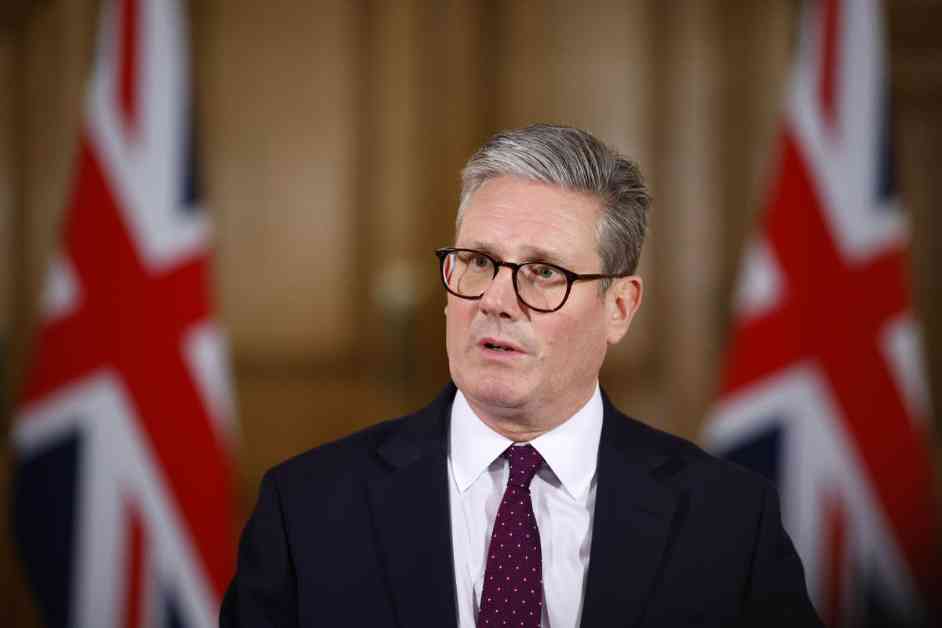Labour Party’s Lead Over Tories Narrows to Just One Point
Labour’s lead in the polls has decreased to just one point following a challenging start to Sir Keir Starmer’s time in office. Despite the prime minister’s efforts to address the chaos by accepting the resignation of his chief of staff Sue Gray, the latest poll conducted by More in Common for Politico shows Labour at 29 per cent and the Conservative Party at 28 per cent. Reform UK is at 19 per cent, the Lib Dems at 11 per cent, the Green Party at 7 per cent, and the SNP at 2 per cent.
This significant shift in support marks a stark contrast to the three months leading up to the election, during which Labour consistently maintained a lead of around 20 points over the Tories, indicating a potential landslide victory. However, recent weeks have been marred by internal conflicts within Labour following their historic win, as well as controversies surrounding gifts to the prime minister and senior cabinet members, raising concerns about the government’s control over its agenda.
In response to mounting criticism, Sir Keir has made several attempts to reset the agenda, including announcing measures to limit future gifts and repay some of them. Nevertheless, the pressure on his administration reached a tipping point, prompting the prime minister to revamp his top team. Morgan McSweeney has been appointed as the new chief of staff, with James Lyons and a strategic communications team set to take charge of communication efforts. Deputy chiefs of staff Vidhya Alakeson and Jill Cuthbertson have also been named.
Notable figures such as Alastair Campbell and John McTernan have weighed in on the situation, with Campbell acknowledging the challenges faced by the government while McTernan criticized the perceived lack of control and direction. When asked about the government’s performance in its first 100 days, the prime minister’s spokesperson emphasized that it is ultimately up to the public to judge.
Foreign Secretary David Lammy defended the government’s actions, highlighting achievements such as increased support for Ukraine, the establishment of GB Energy, and resolving disputes with junior doctors to improve the National Health Service. The polling, which surveyed 2,023 British adults from October 5 to 7, reflects the current sentiments among the public.
As the Labour Party faces these challenges, it remains to be seen how they will address the narrowing gap in the polls and regain momentum. Stay tuned for updates on the evolving political landscape and the efforts of both parties to win over voters in the upcoming period.












